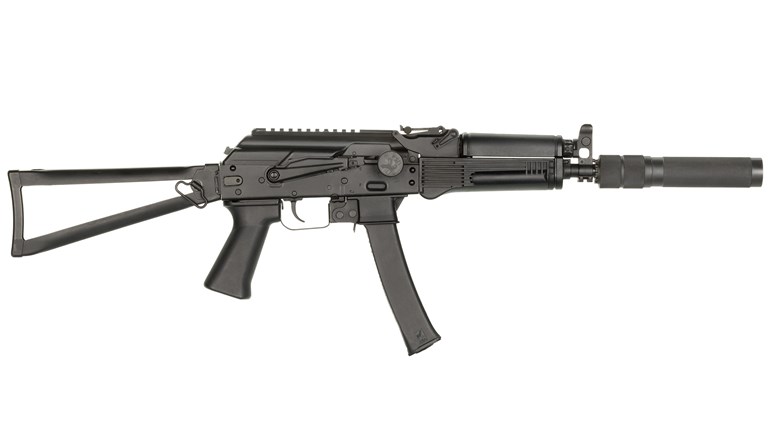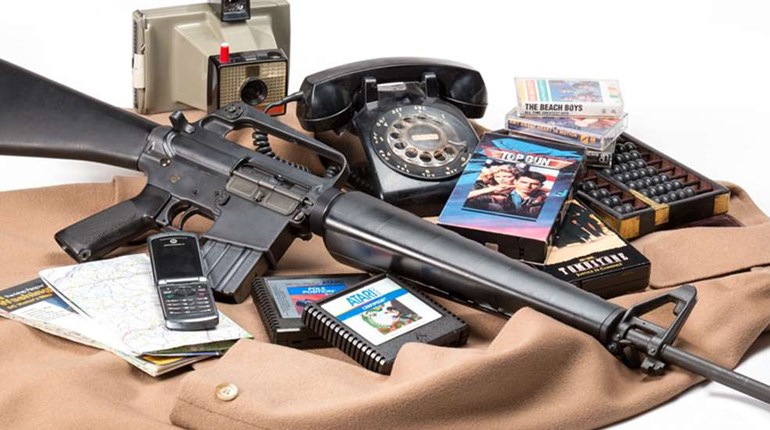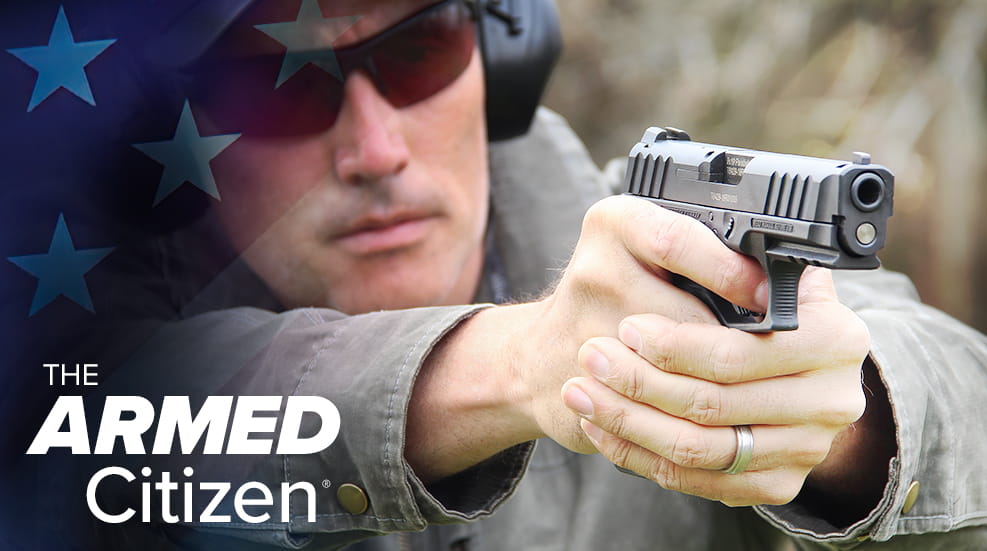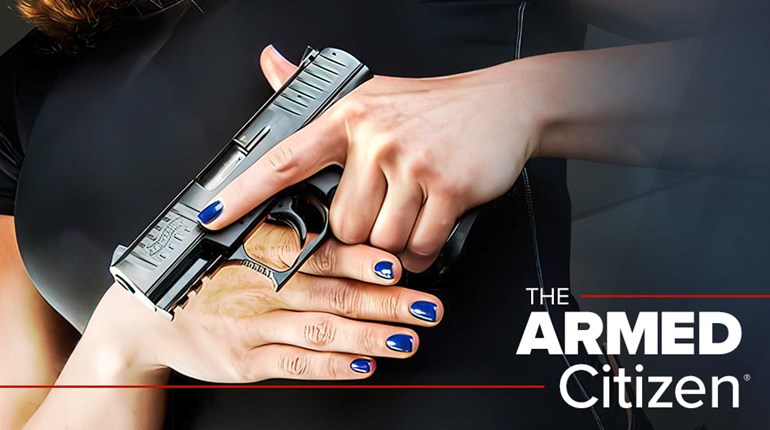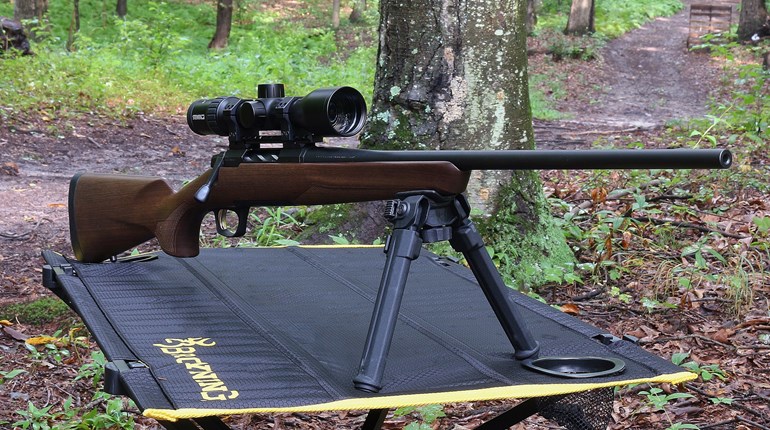
The music is intense as our hero makes a break for the door. Bullets fly and strike the ground around him. By some magical fortune he is unscathed as he now turns his trusty revolver to the bad guys. Boom! The first shot rings out and off the balcony falls the first bad guy. Two more shots fly which launches two more villains out windows. Three quick shots thin the ranks of the bad guys as they fly through the air after being hit. The music crescendos as three more bad guys with machine guns run into the room. Fear not as our hero shoots from the hip now and takes them out! Then he turns and … whoa, hold on. Did we just get nine shots from a six-round revolver? Yes, we did. Welcome to the world of gun misinformation.
Is it any wonder sometimes why the uninitiated think guns can be “scary.” If we look at Hollywood, most firearms do not need to ever be reloaded and apparently have the power to launch people through windows if they are hit. These gun myths live quietly under the surface of our culture and are used for entertainment as well as anti-gun rhetoric when it serves a purpose. It’s time we look at some of the most common myths and put them to rest.
- First up is one of my favorites. Being hit by a handgun, rifle or shotgun round will blow you back and off your feet. Being an amateur physics nerd makes this one almost painful. The reality is that if a person is shot, he might fall down, go to a knee or possibly continue standing. The surface area of our ammunition simply isn’t sufficient to move the mass of a human body. So while it looks good on camera when our hero launches a bad guy through a window with a shot, it simply isn’t possible.
- Number two is the idea that shotguns don’t miss. Shotguns have an almost mythical power which allows them to hit any target regardless of how it’s aimed. They also have the power to lift people off the floor if they are hit. (See item above.) The fact is that shot fired from a shotgun can stay fairly tight as it initially leaves the gun. As it flies downrange, the pattern opens up significantly however. This presents two problems if we don’t aim. First is that close shots can actually completely miss our target. I have seen it happen in competitive shooting. The second problem is that if our target is at distance we might hit it with only a few pellets, if any. A shotgun should be treated like a rifle with a focus on aiming to hit our target. If all we had to do was point in a general direction, hunters would be harvesting birds by the metric ton. It just isn’t true though.
- Number three is a spy thriller classic! The belief that silencers are, well, silent. They are called silencers after all aren’t they? The fact is, the better term is suppressor. These devices suppress the sound of a firearm but do not eliminate it. The supersonic crack that a bullet makes mixed with the sound of the round going off cannot be completely eliminated. So while the movies would have us believe that nobody will hear a shot, it is not true. Suppressors help preserve a shooter’s hearing, but they are far from truly silent.
- Number four is one I take very seriously. The idea that a gun can just spontaneously fire. This idea causes the uninitiated to fear even being near a firearm. I believe the anti-gun puppet masters know this to be false, but would never let that get in the way of fear-mongering. The truth is that the trigger needs to be pressed to fire a modern handgun. The gun will not just fire for any reason. It is also the reason why we preach trigger awareness. A resting gun will stay at rest unless the trigger is pressed. At that point it will fire.
- The last one that we will look at regards what I call feather bullets. These are bullets used in most movies that are incapable of penetrating things like tables or doors. Our hero ducks down and turns a dining room table over as cover. The bad gut fires and the table stops the bullets from getting to our hero. The reality is that even small-caliber rounds can penetrate even the heartiest of tables and doors. This is a lesson I focus on in classes. There is a difference between cover and concealment. Cover is something that will stop a bullet—like steel, or concrete. Things like doors and tables are concealment. They hide us from an adversary. So the lesson is that if you are in a gun fight with an evil villain, don’t count on your dining room table to stop incoming rounds.
There are many more myths out there but these are some of the most glaring examples. We should strive to make sure our friends understand the difference between Hollywood gun work and reality. The byproduct of that will be a better educated public and possibly some new additions to the ranks of firearms enthusiast.












